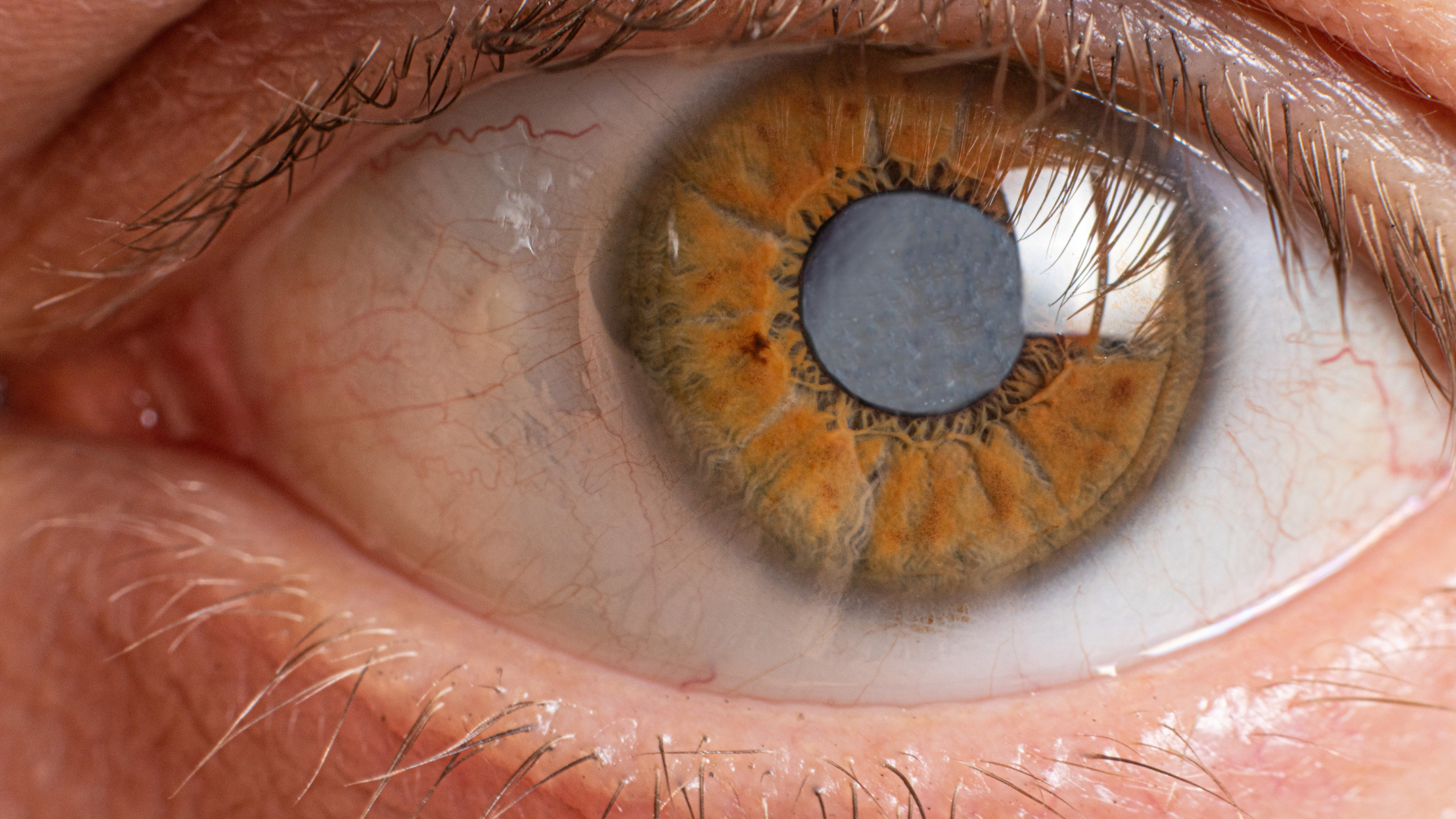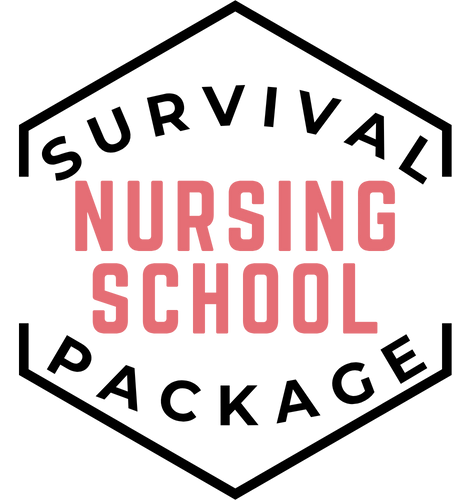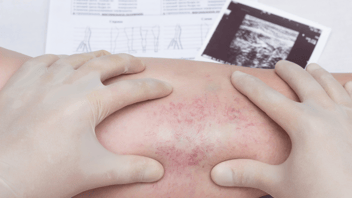Why You Need to Know About Cataracts For The NCLEX + Free Download

Learning about Cataracts
I am sure you have heard about a family member experiencing cataracts or have had a patient that was diagnosed with it. It is a very prevalent age-related eye condition that significantly impacts vision and quality of life. Understanding cataracts, early signs, later signs, and management enables nurses to educate patients, provide support during the pre and post operative period, and promote preventative measures for better eye health.
My mom had cataract surgery a few years ago. I can remember her having a hard time seeing anything due to her blurred vision. After she saw her eye doctor and had surgery, it was a complete 360. She didn’t realize just how much it affected her before. After surgery, she used eye drops for several weeks and has never had an issue with her sight since. .png?width=1200&height=630&name=nclex%20review%20for%20angina%20(2).png)
Cataracts Overview
A cataract is a clouding of the lens in the eye which leads to a decrease in vision. If left untreated can lead to blindness.
General Information on Cataracts
1. Cataract
a. The lens has lost transparency and distorts image projected onto the retina
2. Diagnosis
a. Visual acuity testing→ will show a decreased visual acuity
b. Eye exam→ Will show a cloudy lens
Nursing Assessment for Cataracts
1. Early findingsa. Slightly blurred vision, decreased color perception
2. Later findings
a. Blurred vision, double vision, difficulty with ADLs
3. Vision loss is gradual
4. Pupil appears white
.png?width=1200&height=630&name=nclex%20review%20for%20angina%20(2).png)
Therapeutic Management for Cataracts
1. Surgerya. Only curative method
2. Care post-surgery
a. Eye drops several times a day for 2-4 weeks
b. Mild itching and slight swelling is normal
c. Pain control
d. Prevent increases in intraocular pressure
3. Side effects and complications
a. Significant swelling
b. Bruising
c. Infection
d. Pain
e. Bleeding or increased discharge
f. Bloodshot sclera
g. Decreased vision
h. Flashes of light or floating shapes
Nursing Case Study for Cataracts
Patient Profile:
Name: Mrs. Mary Williams
Age: 70 years old
Gender: Female
Medical History: Hypertension, diabetes

Presenting Symptoms:
- Gradual loss of vision, especially at night
- Blurred vision and increased sensitivity to glare
- Difficulty reading and performing daily activities
- Ophthalmic Examination: Confirmed bilateral cataracts, affecting both lenses
- Visual Acuity Test: Revealed significantly decreased vision in both eyes
- Mrs. Williams had a history of poorly controlled hypertension and diabetes, which may have contributed to the development of cataracts
- Mrs. Williams was diagnosed with bilateral cataracts, a condition characterized by clouding of the eye’s natural lenses.
1. Preoperative Education:
- Educated Mrs. Williams about cataract surgery, its benefits, and potential risks, alleviating her fears
- Discussed intraocular lens options to address her specific vision needs post-surgery
- Collaborated with the primary care team to optimize blood pressure and blood glucose control.
- Prepared Mrs. Williams for the recovery period and explained eye drop administration and follow-up appointments
- Provided emotional support to address her concerns and encouraged her to adapt to vision changes during the recovery phase
Following successful cataract surgery in both eyes, Mrs. Williams experienced remarkable visual improvement. Her ability to read, perform daily tasks, and navigate her environment significantly improved. She expressed gratitude for the comprehensive care and support provided during her journey to restored vision.
Conclusion and Free Download
This Cataracts review provides essential knowledge for approaching the NCLEX with confidence. Understanding its prevention, management, and interventions empowers nurses to provide effective care and save lives.
Looking for more must-know NCLEX review topics? Download our free eBook, "NCLEX Flash Notes: 77 Must-Know Nursing Topics for the NCLEX," by simply providing your email address below. I'll send you a complimentary copy straight to your inbox!
.png?width=1200&height=630&name=nclex%20review%20for%20angina%20(2).png)
You CAN Do This
Happy Nursing!







%20nclex%20review%20nursing%20students.png?width=352&name=COPD%20(Chronic%20Obstructive%20Pulmonary%20Disease)%20nclex%20review%20nursing%20students.png)